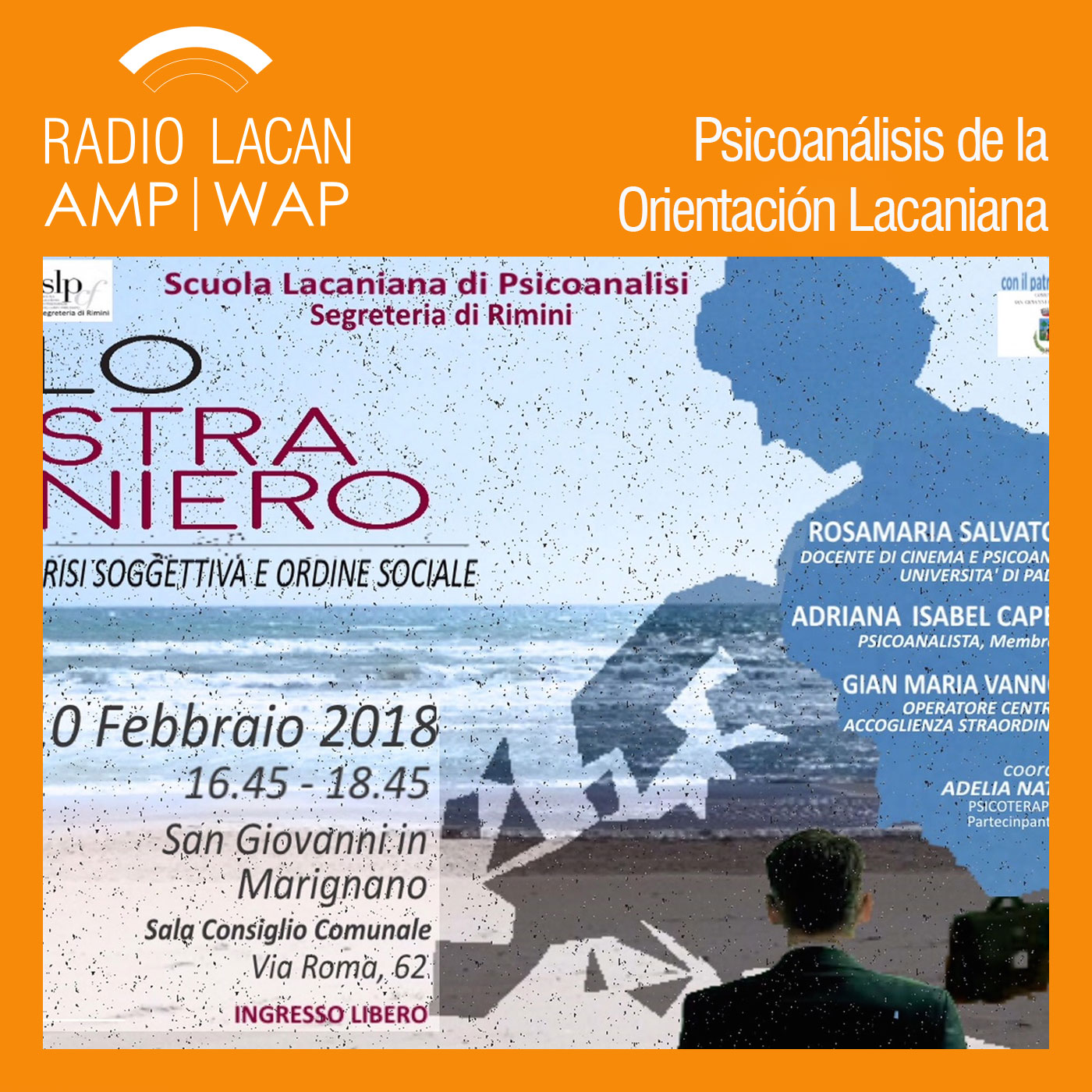 |
StocktonAfterClassAuthor: Ronald Stockton
Ron Stockton was a professor of political science at the University of Michigan-Dearborn for 48 years. His specialty was non-western politics and political change. He taught classes on the Israeli-Palestinian Conflict, Religion and Politics, the Politics of Revolution, Non-Western politics, and American politics. He also taught in the Honors Program, focusing upon foundational readings from the 18th and 19th centuries. He has an interest in religion and politics and in the role of religio-ethnic groups in the political system. The listener can anticipate talks on Arab-Americans, Jews, African-Americans, the Scots-Irish, and Evangelicals. He has lectured and written on American politics, public opinion, and voting behavior and on the role of religious organizations and ideologies in the political system. There will be occasional discussions of books and films that address serious issues. And he has lectured and published and even taught a class on gravestones, especially those of different ethnic and religious groups such as Muslims, African-Americans, Jews, and Native Americans. The goal of the podcast series is to provide analysis and commentary by a political scientist to explain and make accessible political, historical, and cultural developments in the United States and around the world, and to give the listener analytical tools to understand those developments. It is also to entertain the listener. Language: en-us Genres: Science, Social Sciences Contact email: Get it Feed URL: Get it iTunes ID: Get it |
Listen Now...
Venezuela And The Trump Empire.
Saturday, 10 January, 2026
Send us a textOn January 3 American forces went into Caracas and captured Venezuelan President Maduro. He was taken to the United States to stand trial. Is this a one-off adventure because of a corrupt leader, or does it suggest a broader set of actions of which this is just the first of many?











